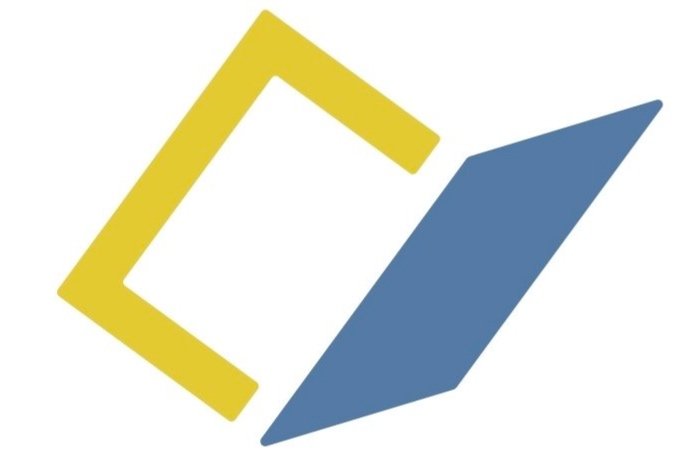Complexity and Translation
Since its first session was convened in 2007, the Nida School of Translation Studies has sought to advance research in translation through active collaboration with scholars from around the globe, bringing together diverse perspectives and methodologies, challenging traditional disciplinary boundaries, and encouraging original thinking about what translation is and where it takes place in a globalized world. As part of this effort, each fall since 2011, NSTS has held a high-level research symposium in New York City, a creative event that brings into dialogue varied perspectives on an established theme. Since 2015, the Center for Applied Liberal Arts at NYU’s School of Professional Studies has joined forces with NSTS and the San Pellegrino Foundation (Italy) to carry forward this tradition of a one-day translation-oriented research event. This year’s symposium will focus on the theory of complexity, as we explore together the lessons and implications for Translation Studies that can be drawn from this dynamic field.
This year's research symposium will be paired with NYU's 2nd Annual Translation Symposium on Technologies in Translation to create an exciting Twin Conference Weekend.
$35 - ONE DAY PASS
$60 - TWIN CONFERENCE PASS
Schedule of Events
MORE INFORMATION
Dr. Afua Preson
EM: scps.planner@nyu.edu
Presenter
Kobus Marais is Associate Professor of Translation Studies in the Department of Linguistics and Language Practice at the University of the Free State, Bloemfontein (South Africa), where he also serves as Director of the Language Practice Program. His research is aimed at providing a conceptual framework for linking translation and development, and his 2014 book on the topic, Translation Theory and Development Studies: A Complexity Theory Approach, won the University of the Free State Prize for Distinguished Scholarship. Professor Marais was editor of the recent volume Translation Studies Beyond the Postcolony (with Feinauer, 2017) and has been a guest editor for volumes of South African Linguistics and Applied Linguistic Studies (2013) and The Translator (forthcoming). He is a founding member of the Summer School for Translation Studies in Africa, Vice-president of the Association for Translation Studies in Africa and founding editor of the Journal for Translation Studies in Africa, which aims to publish its first edition in 2018.
Interviewer
David Vampola is Director of the Digital Humanities Program at the State University of New York at Oswego, where he also teaches in the computer and cognitive science departments. He holds graduate degrees from both the University of Notre Dame and Tufts University, and has held teaching and research positions at Boston University, Brown University, and the University of Pittsburgh. He has delivered invited lectures at the École Normale Superieure in Paris, the University of Osnabruck, the Leo Baeck Institute, and at the American Association for Higher Education. His most recent publication, ‘The “New Humanities”: Towards a Disciplinary Taxonomy for an Emerging Paradigm’ (2013), explores the ways that distinctive claims from the fields of digital, cognitive and computational humanities complement and intersect with one another, thereby comprising an emerging methodological paradigm for the humanities.
Panelists
Maria Tymoczko is Professor of Comparative Literature at the University of Massachusetts Amherst, where her research focuses on three primary fields: Translation Studies, Celtic medieval literature, and Irish Studies. She has held grants from the Fulbright Foundation, the National Endowment for the Humanities, and the American Council for Learned Societies, and her critical studies The Irish "Ulysses" (1994) and Translation in a Postcolonial Context (1999) both won prizes and commendations. Professor Tymoczko has edited a number of influential volumes, among them Translation and Power (with Gentzler, 2002), Language and Tradition in Ireland (with Ireland, 2003), Translation, Resistance, Activism (2010), and Translators Writing, Writing Translators (with Massardier-Kenney and Baer, 2016). Her most recent full-length books are Enlarging Translation, Empowering Translators (2007) and Neuroscience, Translation, and Cross-Cultural Communication (forthcoming).
Salah Basalamah is Associate Professor at the School of Translation and Interpretation, University of Ottawa, where he also teaches in the Institute of Canadian and Aboriginal Studies. His fields of research include the philosophy of translation; translation rights; Postcolonial, Cultural and Religious Studies; as well as the diversity of Western Islam. He has been a Visiting Professor at UAE University and, most recently, at the Translation and Interpreting Institute in Qatar. He is author of Le droit de traduire. Une politique culturelle pour la mondialisation (2009) and translator of F.A. Reed’s Images Brisées (2010), on the ancient and contemporary history of Syria. He is currently working on a forthcoming book about the philosophy of translation and its applications in the fields of the human, social and natural sciences.














